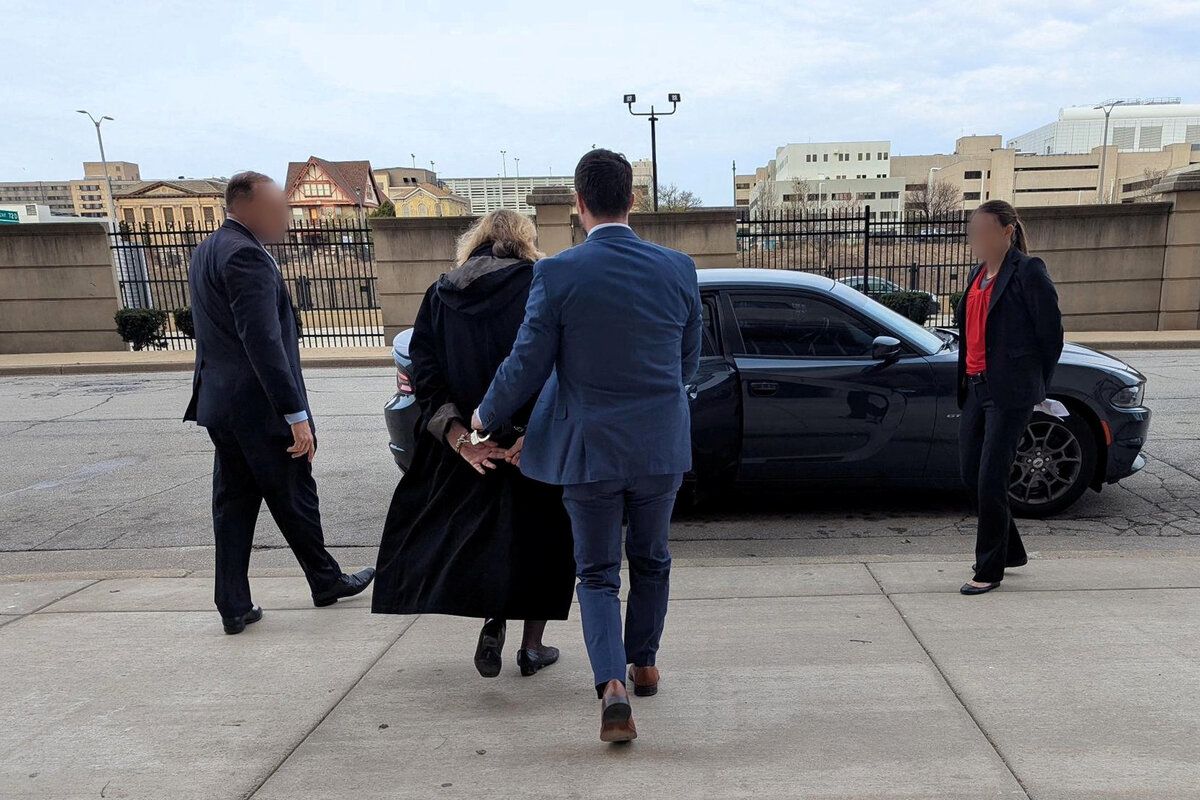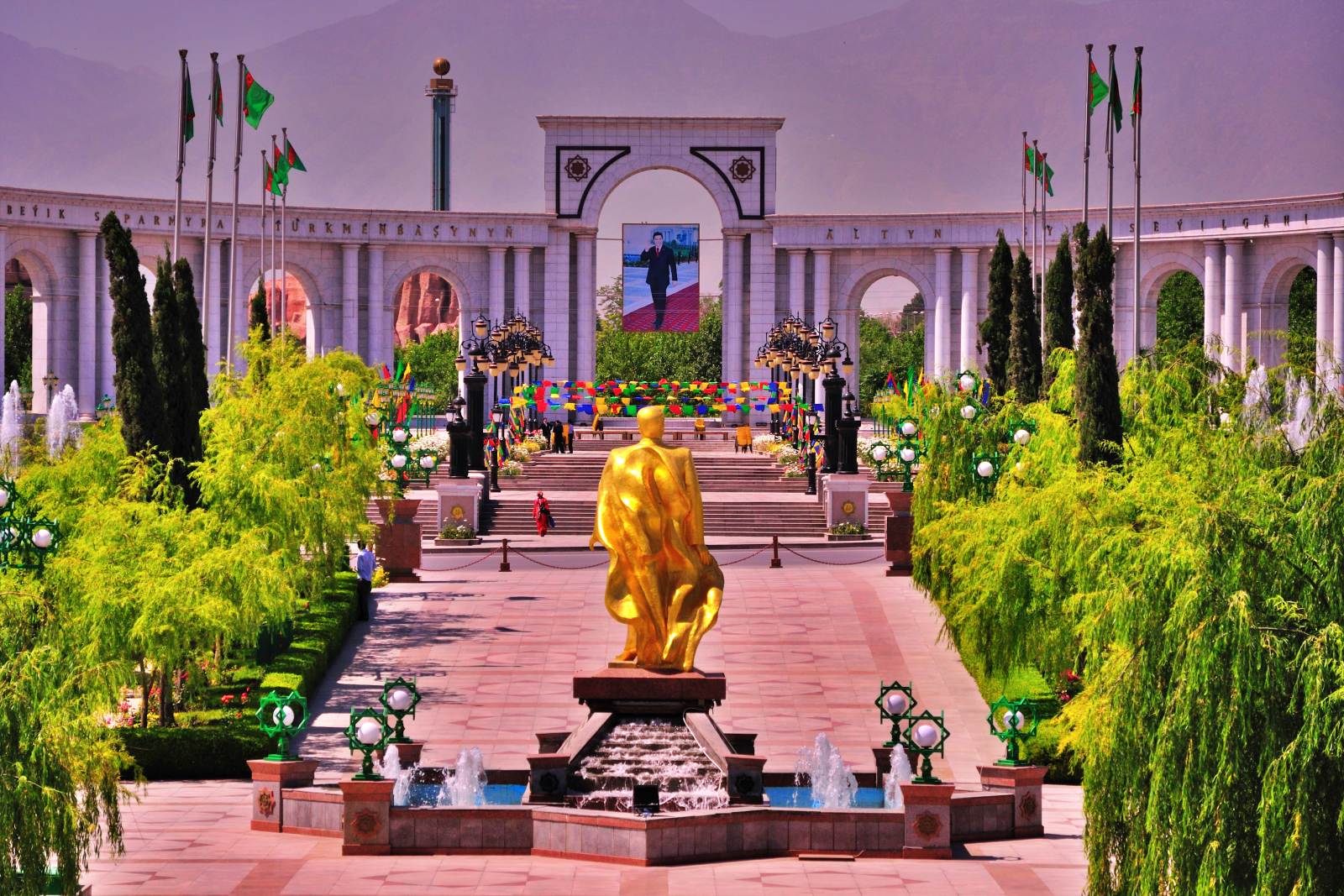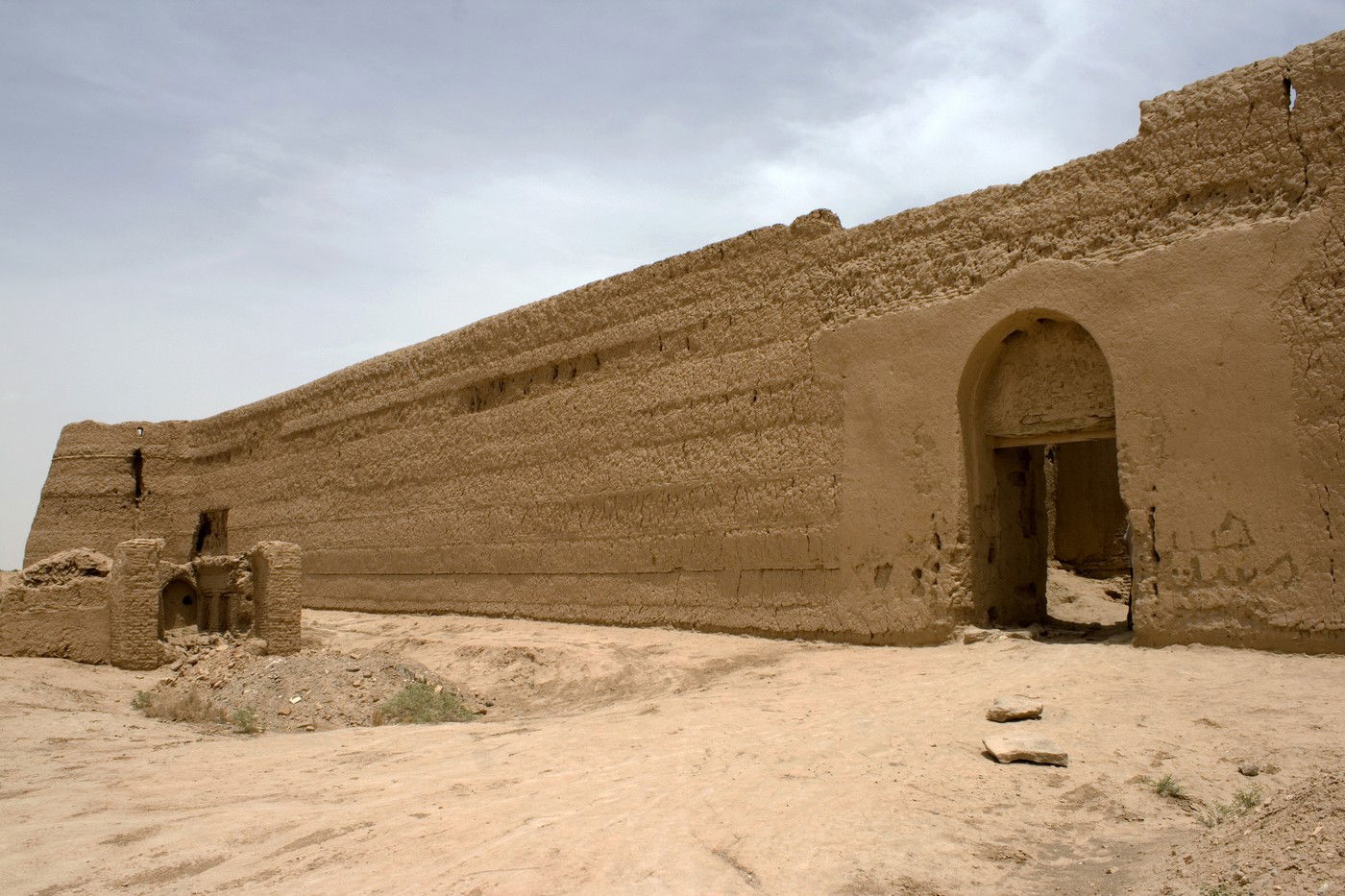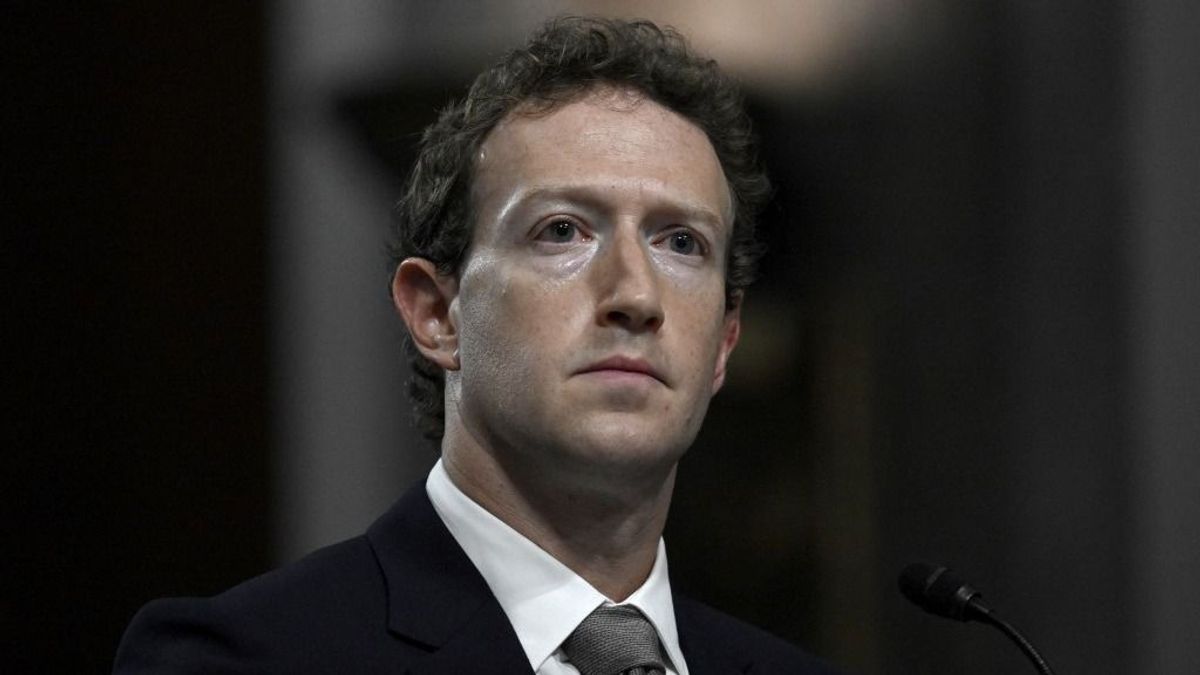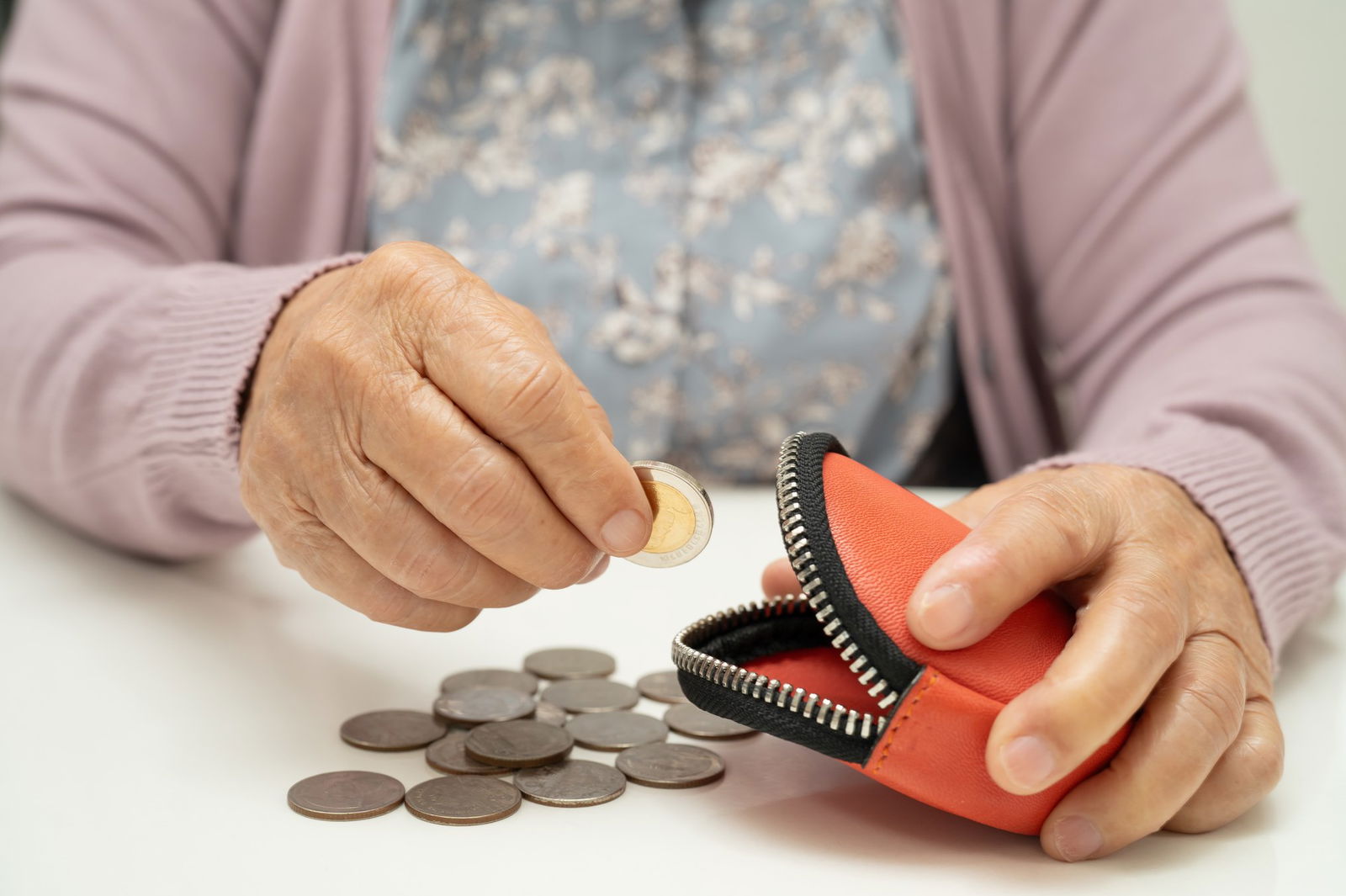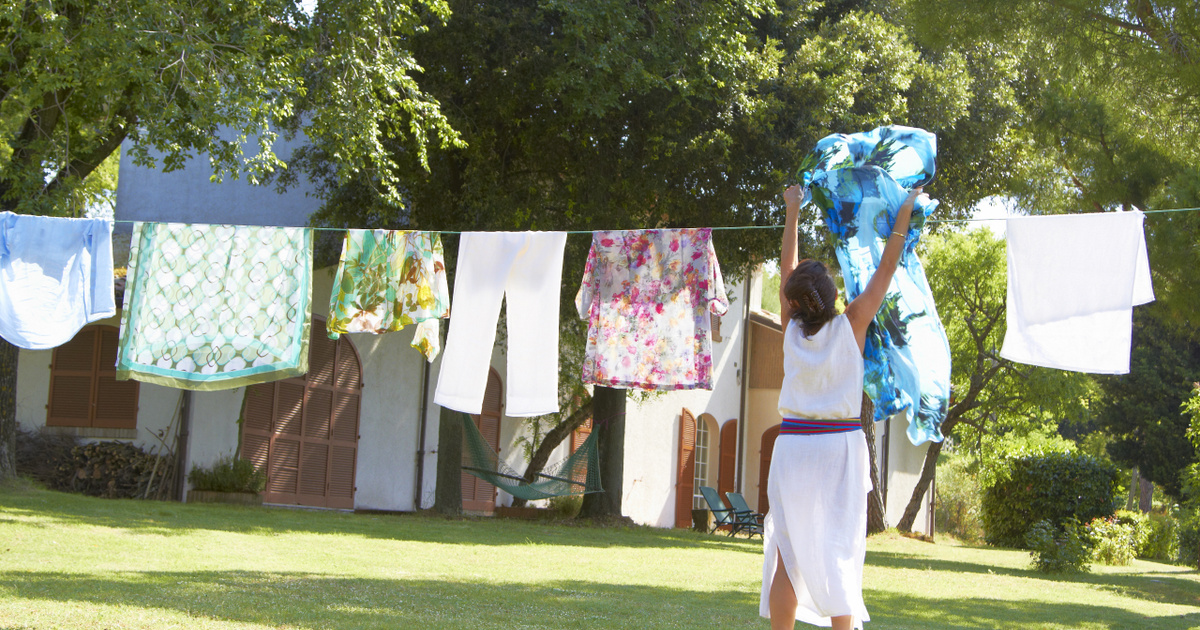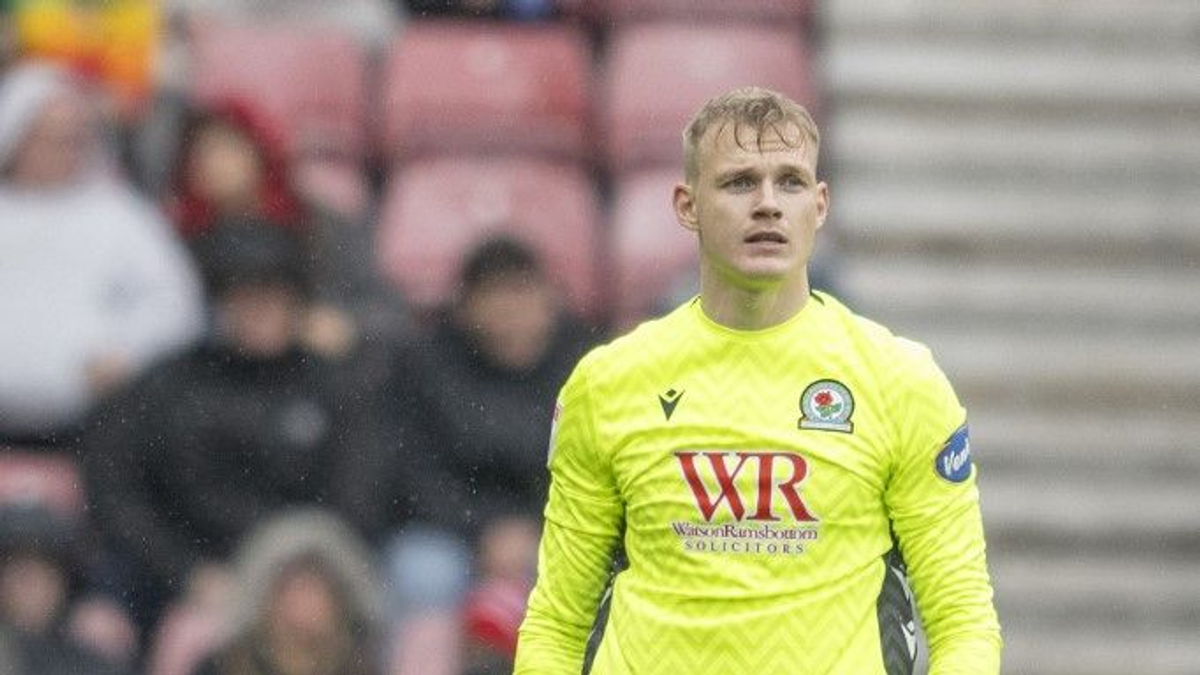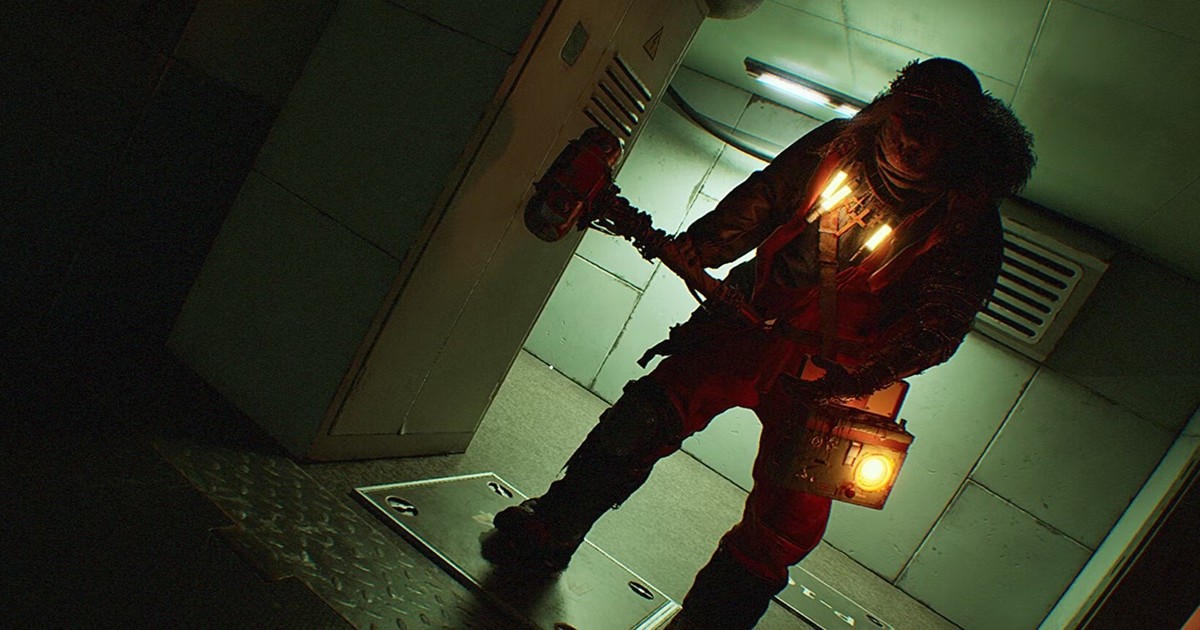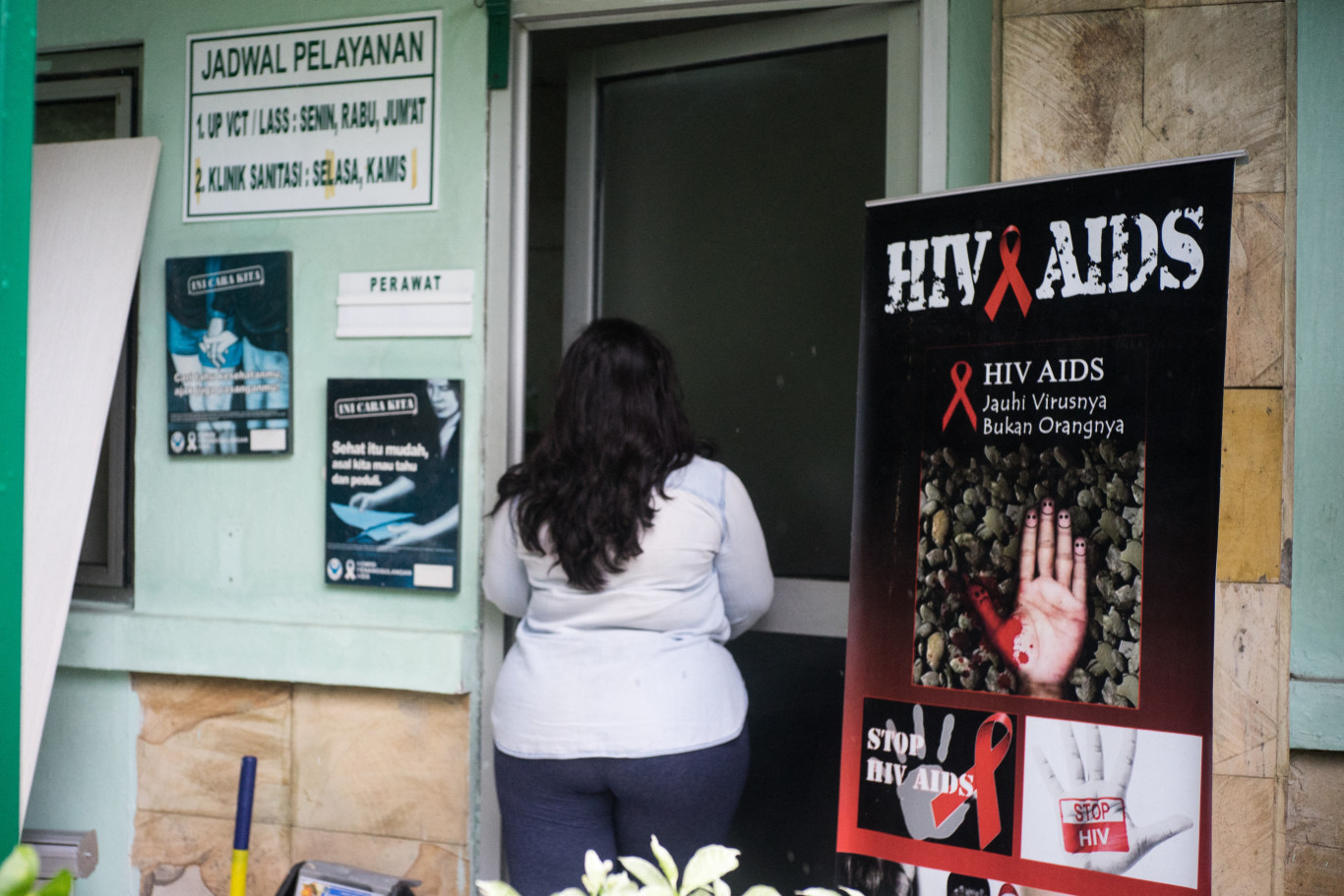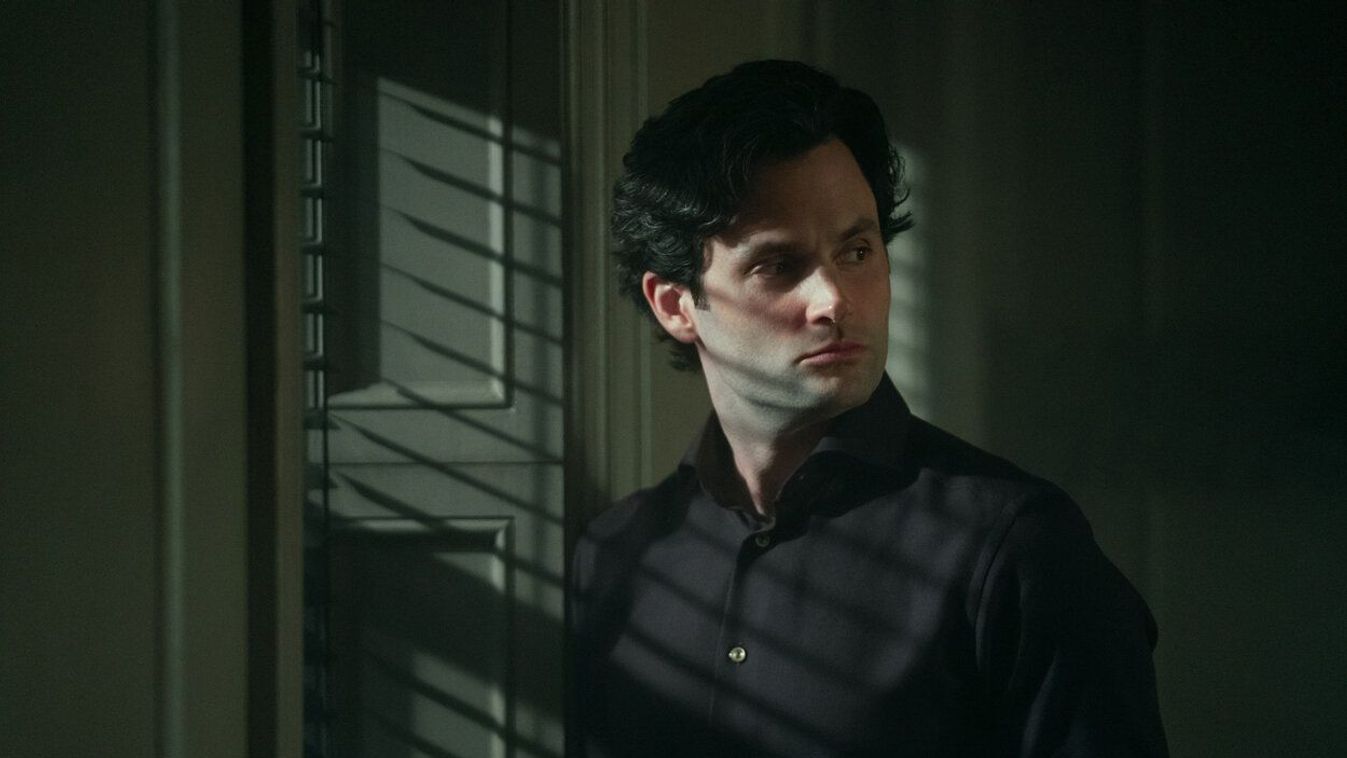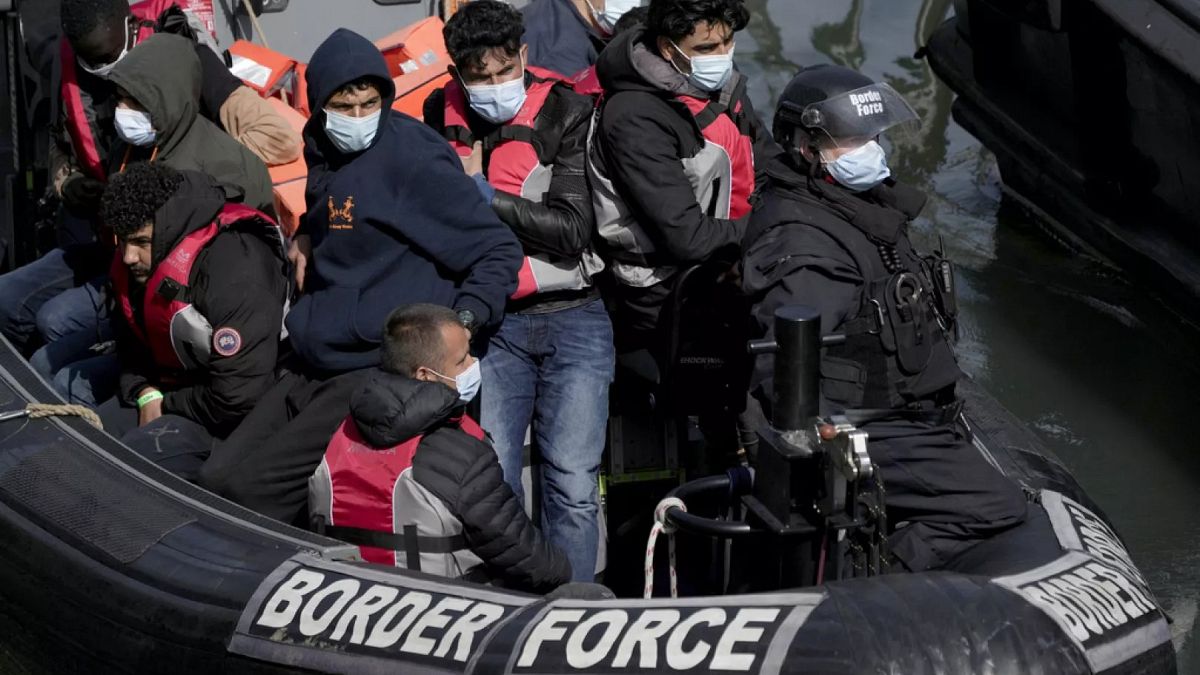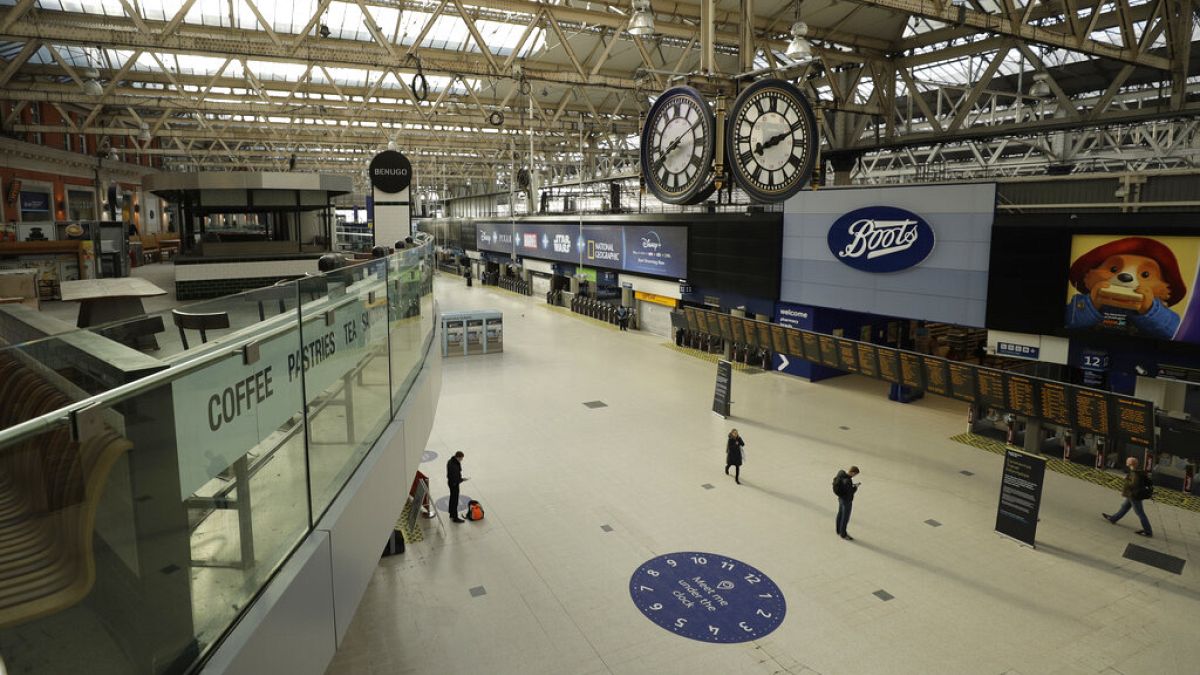The island nation is preparing feverishly, and the omens are ominous.
The start of the first day of the curfew was difficult in London, where in principle you can only go out for essential jobs, to get food and medicine, to care for relatives, or to exercise once a day. Most bars, restaurants and shops are also closed.
“I think this was expected to happen,” one woman told the Associated Press news agency. – Maybe I'm a little relieved that the curfew isn't complete, so you can still go out into the street. It seems reasonable to close bars and restaurants so that people do not gather in large numbers in one place.
The government received a lot of criticism for not defining precisely enough what constitutes critical work, and for not stopping construction either. Therefore, London's reduced public transport was overcrowded, leading to a separate battle of words between the city's mayor, Sadiq Khan, and Prime Minister Boris Johnson.
At the same time, the authorities, with the help of the army, are stockpiling supplies and redistributing resources, preparing in full force for the very difficult weeks ahead for British health. A two-ward neurological hospital with a capacity of 4,000 beds is being built at the Excel Centre.
The ominous signs are multiplying: the number of infected people is increasing rapidly, and 87 deaths were reported in a single day. The virus is also spreading faster and faster in prisons: the number of infected prisoners has tripled in one day.

